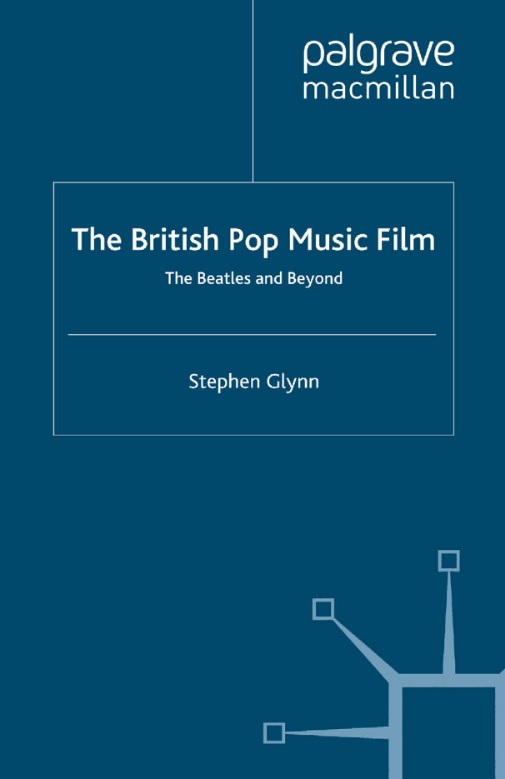

Most ebook files are in PDF format, so you can easily read them using various software such as Foxit Reader or directly on the Google Chrome browser.
Some ebook files are released by publishers in other formats such as .awz, .mobi, .epub, .fb2, etc. You may need to install specific software to read these formats on mobile/PC, such as Calibre.
Please read the tutorial at this link: https://ebookbell.com/faq
We offer FREE conversion to the popular formats you request; however, this may take some time. Therefore, right after payment, please email us, and we will try to provide the service as quickly as possible.
For some exceptional file formats or broken links (if any), please refrain from opening any disputes. Instead, email us first, and we will try to assist within a maximum of 6 hours.
EbookBell Team

4.7
76 reviews'This book should be read with profit by film scholars and students of genre studies, as well as enjoyed by pop music and movie fans. Glynn provides expert commentary on the most significant films in the British rock movie genre, deftly weaving insightful discussions of popular music, counterculture politics, and British social history into his narrative. His enthusiasm and deep interest in the topic is everywhere apparent.' - Barry Faulk, Florida State University, USA
'A must read for anyone remotely interested in Britain's contribution to rock'n'roll on film.' - David Marx Book Reviews
'This book is a first of its kind and, although small in scope, is a very welcome addition to studies of British cinema and, more specifically, the British musical film. It offers thoughtful interpretations of the industrial, cultural and economic contexts that gave rise to the musical film, and is written in a clear and engaging style that would appeal to scholars and general readers interested in British cinema, music films and genre.' - Julie Lobalzo Wright, Journal of British Film and Television
'Most of the analysis made by Stephen Glynn concentrates on each film's main themes, its socio-historical context, the comments made afterwards by directors and actors, excerpts from critiques of the moment and some selected scholarly comments, plus how each film performed financially. Obviously a fan himself, Stephen Glynn often finds the accurate interpretations and revealing quotes.' - Historical Journal of Film, Radio and Television